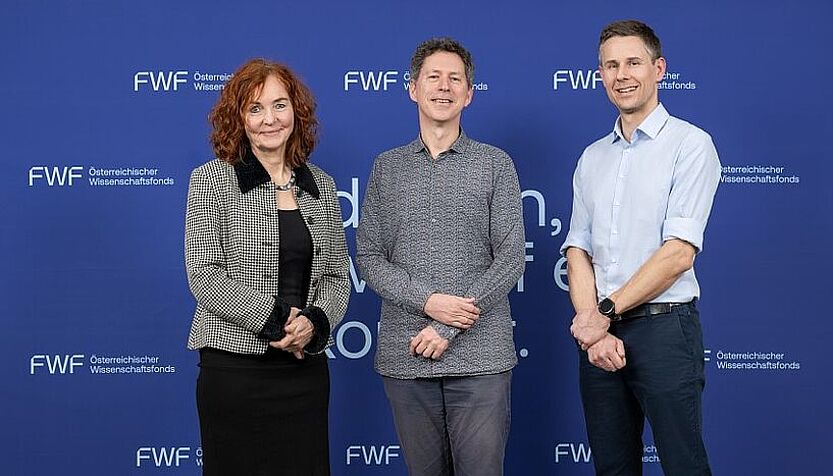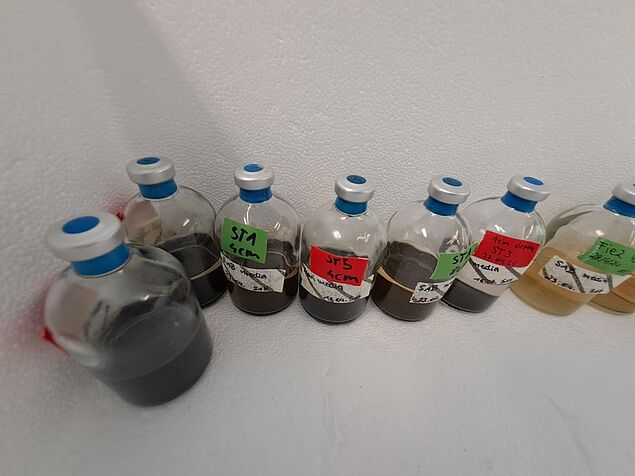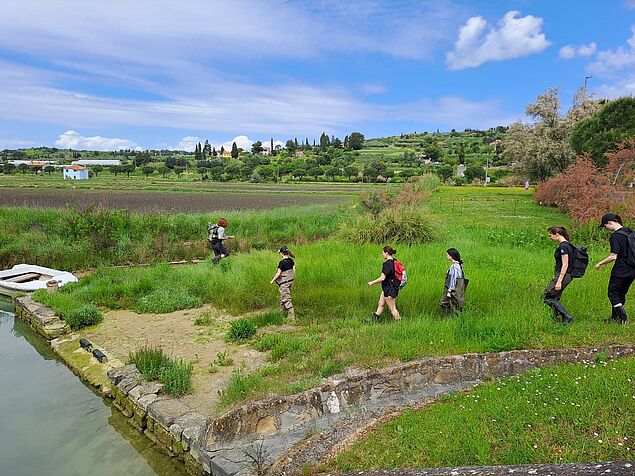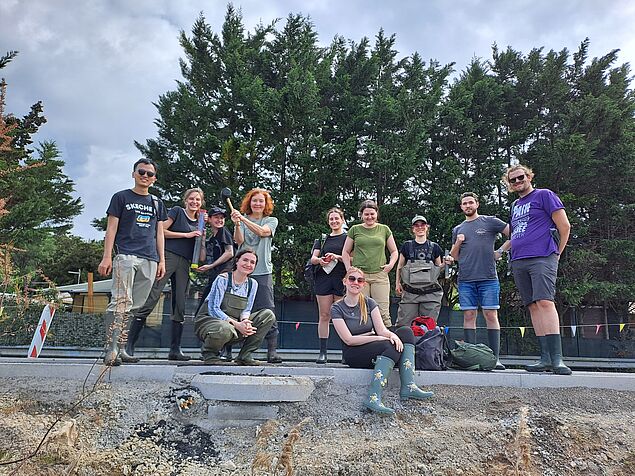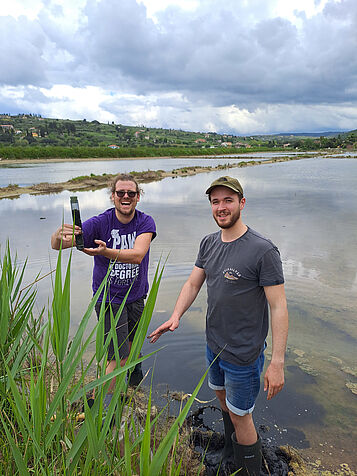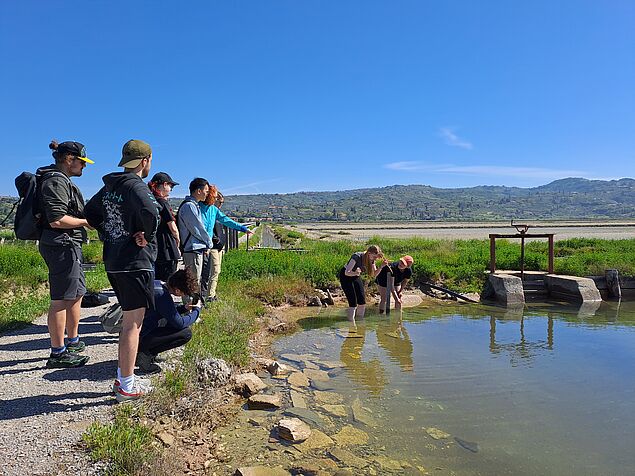Crucial steps in evolution: The rise of genome architecture
Abstract:
Where do we come from? How multicellular life forms like plants and animals evolved from single-celled microorganisms, such as bacteria and archaea, is one of the most fundamental and least understood questions in biology. It leaves the mystery of our origins unanswered.
One clue to this question lies in the emergence of a group of proteins that assemble with DNA to form what is called “chromatin”. Chromatin controls gene expression to differentiate the many cell types of complex life forms. We know that chromatin proteins diversified before the origin of multicellular life forms and it is likely that the evolution of chromatin enabled the appearance of complex life forms and enabled them to adapt to the various environmental settings on planet Earth.
The EvoChromo project brings together three experts with interdisciplinary expertise to form a new laboratory across the Department of Functional and Evolutionary Ecology of the University of Vienna, the Gregor Mendel Institute for Molecular Plant Biology of the Austrian Academy of Sciences and the Institute of Science and Technology Austria. Together, this team aims to uncover when and how chromatin evolved to give rise to complex life forms.
Lokiarchaeum ossiferum, in short “Loki”, a recently cultured single-celled microorganism, will be in the focus of exploration. Loki is part of the Asgard archaea that merged with bacteria two billion years ago, producing the ancestor of complex organisms including humans, animals and plants. The new team EvoChromo will find and characterize chromatin proteins in Loki to reveal how the innovation of chromatin protein in Asgards enabled the diversification of cell types, eventually leading to the evolution of complex multicellular life forms. Revealing such a unique event will change our understanding of the evolution of life on Earth and our own origins.
Duration: 01.09.2024-31.08.2029
Funding agency: Austrian Science Fund (FWF): EFP 25
Project consortium:
Frédéric Berger (coordination, GMI – Gregor Mendel Institut für Molekulare Pflanzenbiologie, ÖAW), Christa Schleper (Universität Wien), Florian Schur (Institute of Science and Technology Austria (ISTA)



